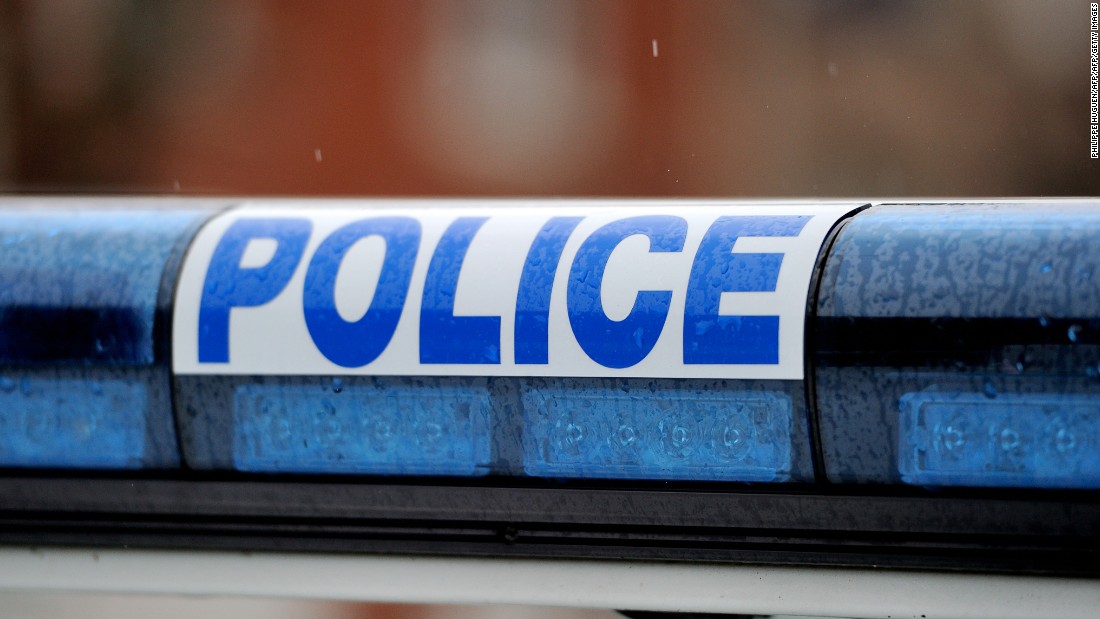With staff, it also does not work, for example in the case of Larry Nassar, who was accessing underaged girls on campus who were not even attending the college but were working with other programs that are available at universities. This is not limited to gymnastics either, even when I was 9, I was attending odyssey of the mind competitions at local universities and was receiving personal instruction from university staff. The university not acting sooner in regards to reports on Larry Nassar also allowed him to victimize many more girls than he would have otherwise had access to. They have to be able to act in order to keep students safe WHILE it is being investigated or you risk putting more students in harm's way. Not doing anything about these reports allowed predators such as Nassar to abuse 332+ girls and Richard Strauss to abuse 177+ male students. Schools provide unprecedented access to a large amount of victims thus requiring more stringent measures to be taken to keep the students safe.
- The Title IX statute and existing regulations contain broad definitions of a school’s “program or activity” and the Department will continue to look to these definitions for the scope of a school’s education program or activity. Education program or activity includes locations, events, or circumstances over which the school exercised substantial control over both the respondent and the context in which the sexual harassment occurred, and also includes any building owned or controlled by a student organization that is officially recognized by a postsecondary institution (such as a fraternity or sorority house).
- Title IX applies to all of a school’s education programs or activities, whether such programs or activities occur on-campus or off-campus. A school may address sexual harassment affecting its students or employees that falls outside Title IX’s jurisdiction in any manner the school chooses, including providing supportive measures or pursuing discipline.
So Nassar's actions would definitely have fallen under the school's "program or activity." About the only thing that the school has any control of that doesn't count is study abroad, and presumably that's because it's outside US jurisdiction and it's difficult for the school to exert much meaningful control across an ocean.
Simple question for you: Do you think the accused should be subject to disciplinary or punitive action without or before an investigation and hearing take place? If so, what should the school's and the complainant's obligations to the respondent be if the respondent is found not responsible?
Crime requires criminal investigators like police officers, and charges filed through lawyers and legal officials, not people appointed to committees or as coordinators unless they happen to be experts on the matter and recognized by the state.
Unfortunately for you, Title IX regulations consider taking the approach of "report it to the police, the university is not equipped to hold rape trials adequately - we will accept the results of police investigation whatever they might be" to be sex discrimination. So some kind of school-level quasi-justice process has to exist, the real question is exactly what.
We are fully aware of false reporting, which is extremely low.
Where exactly it lands depends wildly on what methodology you use for counting it. Numbers around 2% only count it if there's enough evidence to charge the accuser with filing a false report. Numbers closer to 10% include cases where there is clear evidence that the accusation is not true, but there's not enough to charge the accuser with false reporting. Numbers in the 15-20% range also tend to include cases where the accusation describes conduct that probably happened, but is not illegal.
The unfortunate reality is that of cases where the conduct described is criminal, ~10% the accused is almost certainly guilty, ~10% the accused is almost certainly innocent, and the other 80% are somewhere in the grey in between where there's just not enough evidence to really prove it beyond a reasonable doubt either way. When you claim false reporting is extremely low, you're arguing that all or nearly all of the grey area are definitely rapes where the rapist got away with it.
The LA Times once produced an article on the case of Tracy West and Louis Gonzales, her ex. When I mentioned earlier in the thread that one of the only cases of a declaration of factual innocence I knew of offhand was for a sexual assault case, it's this one. Read up on it, and realize that by most of the studies, she didn't falsely accuse him. Even though she specifically names him, and it's downright impossible for him to have committed the crime, and there's even a tiny amount of evidence that she may have done it to herself.
For another one, by the methods used in most of the studies the Brian Banks case would be a properly punished rapist (before his conviction was overturned). Definitely not a false accusation. After all, the investigation didn't find sufficient evidence to charge her with false reporting at the time, and her admitting to it in that recording is not admissible because California requires all parties consent to recording and she did not provide a signed statement admitting to the false accusation (she was unwilling to admit to falsifying the story officially because she was worried the school system might try to sue her for the money she won from them back, which of course they did).
Going back to the original topic - a lot of the changes from the Obama-era guidelines are direct reactions to things that actually happened. For example, requiring training materials not hold an explicit bias, be published online and available to the public is a direct reaction to cases like Doe v U. Miss, where the U. Miss training materials contained things like if the complaining student lies that’s a sign the accusation is true, or that if a respondent is too consistent it's a sign it's a rehearsed story and thus a sign of guilt. The only time deceit is mentioned is that the respondent might do it, and that should be seen as proof of guilt. And of course, everyone's favorite example of unbiased due process: “Remember your standard: just need to have some evidence to justify outcome – only if evidence is overwhelming in the other direction do you consider appeal.” Almost like the goal is to come up with a paper thin excuse to punish the accused, and not actually determine the truth...









